3 Essential Security Apps You Should Be Using

In an era where our lives are increasingly intertwined with the digital world, ensuring robust online security has become paramount. While traditional antivirus software is a fundamental layer of protection, there exists a plethora of lesser-known security apps that can significantly bolster your defenses. Let’s delve into three such apps that deserve a spot on your device.
1. Privacy-Focused Browsers: Brave and DuckDuckGo
Why You Need Them:
Conventional browsers like Chrome and Safari, while convenient, are notorious for collecting vast amounts of data about your online activities. Privacy-centric alternatives like Brave and DuckDuckGo prioritize your privacy by actively blocking trackers, preventing targeted ads from following you across the web, and encrypting your traffic.
How to Use Them:
- Download and Install: Acquire Brave or DuckDuckGo from their official websites or respective app stores.
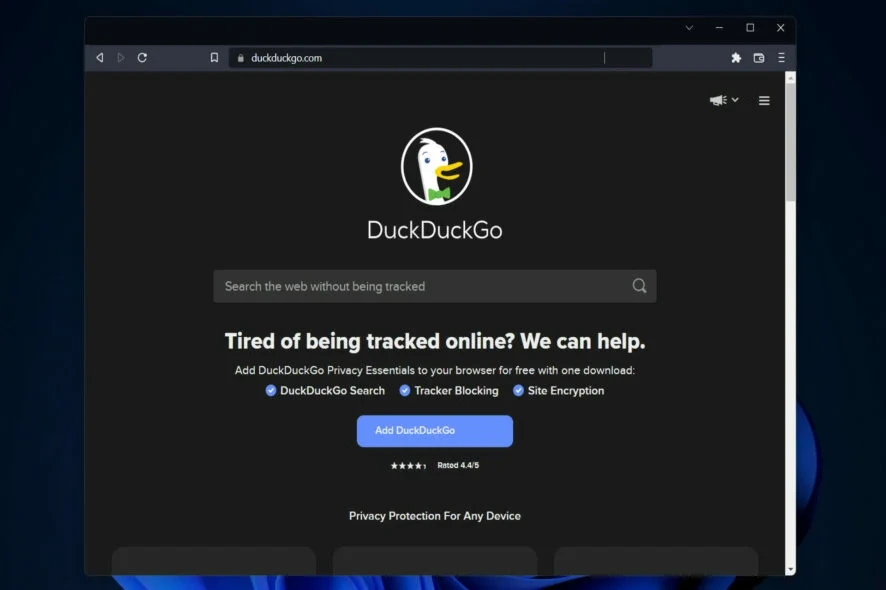
- Set as Default: Designate either Brave or DuckDuckGo as your default browser to seamlessly integrate privacy into your browsing experience.
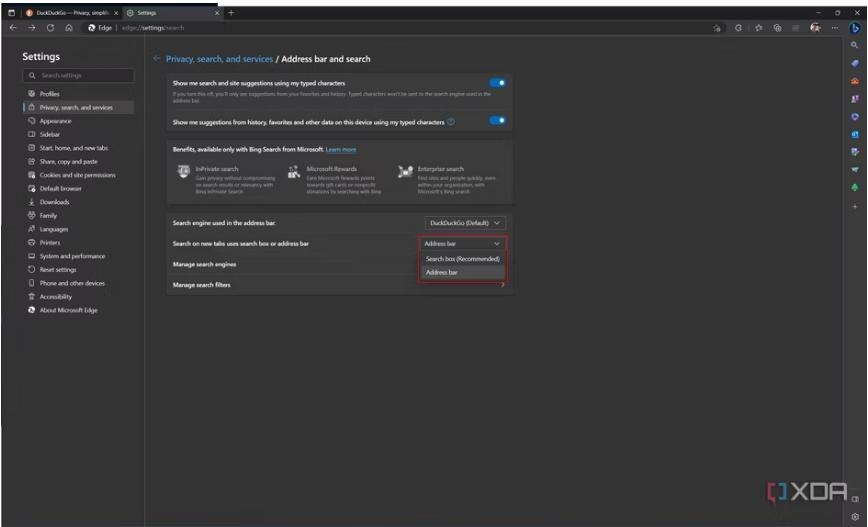
- Customize Settings: Explore the settings menu to tailor privacy levels and features according to your preferences.
2. Password Managers: Bitwarden and LastPass
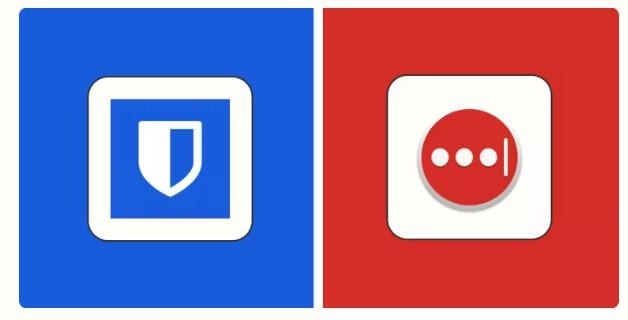
Why You Need Them:
Maintaining strong, unique passwords for each of your online accounts is a non-negotiable security practice. Password managers like Bitwarden and LastPass alleviate this burden by securely storing your passwords, generating complex ones for you, and automatically filling them across websites and applications.
How to Use Them:
- Choose and Install: Select a password manager that aligns with your needs and install it on your device.
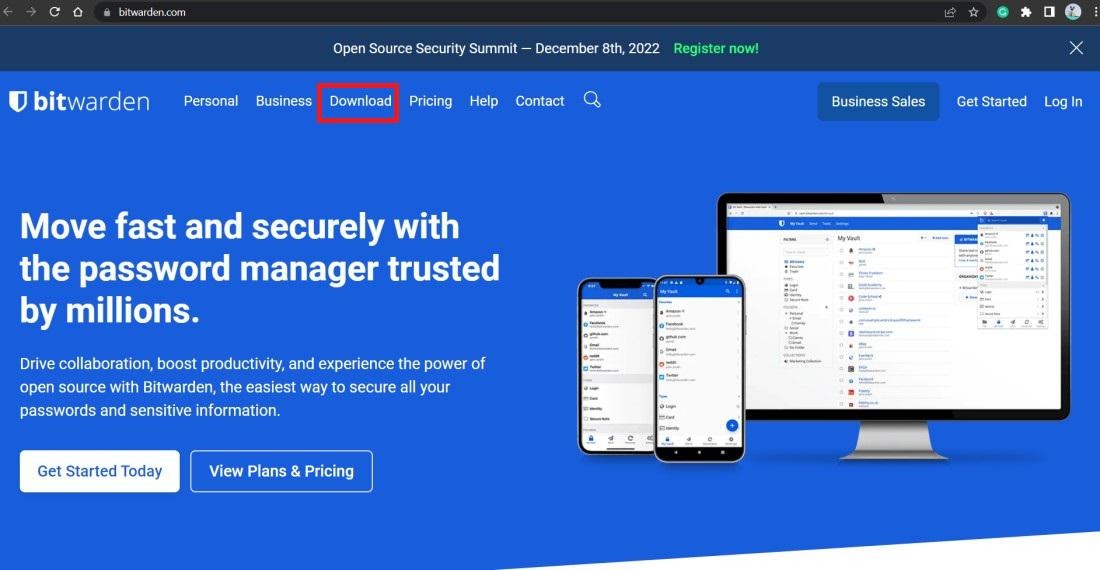
- Create a Master Password: Establish a robust master password that you can easily remember. This will be the sole password you’ll need to memorize.
- Add Accounts: Begin by incorporating your existing accounts into the password manager and allow it to generate and store secure passwords on your behalf.
- Enable Autofill: Activate the autofill functionality for a seamless and secure login process.
3. Virtual Private Networks (VPNs): NordVPN and ExpressVPN

Why You Need Them:
VPNs encrypt your internet traffic, effectively cloaking your IP address and making it significantly more challenging for hackers, internet service providers (ISPs), or governments to monitor your online actions. Moreover, they enable you to access content that might be geographically restricted.
How to Use Them:
- Subscribe and Install: Opt for a reputable VPN provider such as NordVPN or ExpressVPN and install their dedicated application.
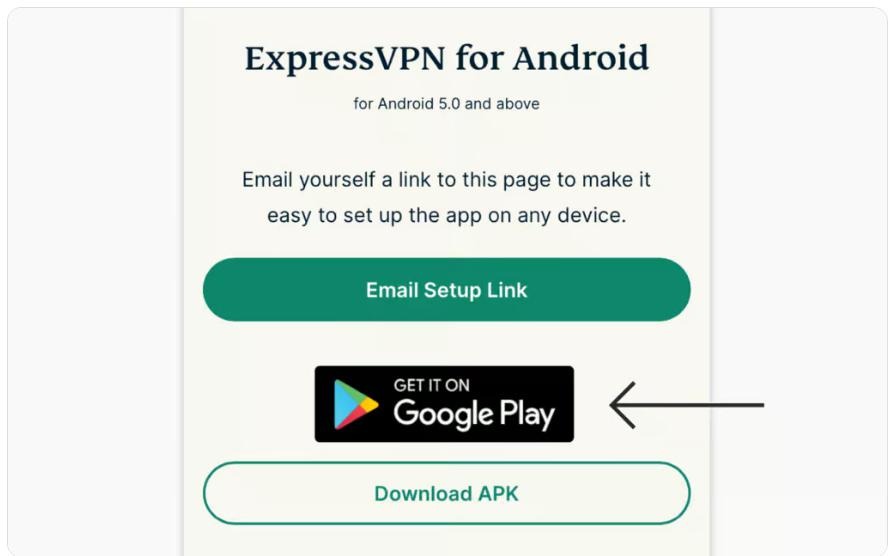
- Connect to a Server: Launch the VPN app and establish a connection to a server located in your preferred region.
- Browse Securely: Your internet traffic is now encrypted, and your IP address is masked, enhancing your privacy and security.
Additional Tips for Enhancing Your Digital Security:
- Enable Two-Factor Authentication (2FA): Whenever feasible, activate 2FA to add an extra layer of security to your accounts.
- Keep Software Updated: Regularly update your operating system, applications, and security software to address vulnerabilities.
- Be Wary of Phishing Attempts: Exercise caution when clicking on suspicious links or downloading attachments from unknown sources.
- Use Strong and Unique Passwords: Refrain from reusing the same password across multiple accounts.
- Educate Yourself: Stay abreast of the latest security threats and best practices to safeguard yourself effectively.
By integrating these security apps and adopting prudent online habits, you can substantially mitigate the risk of falling prey to cyberattacks and ensure the protection of your valuable personal information.
Further Reading
» How to Avoid Software Scams: Common Online Scams & How to Spot Them
» How To Remove FastSupport Virus and Malware
» How to Protect Your Data Online – What You Need To Know
» How To Get Microsoft Word for Free: 4 Legitimate Ways

